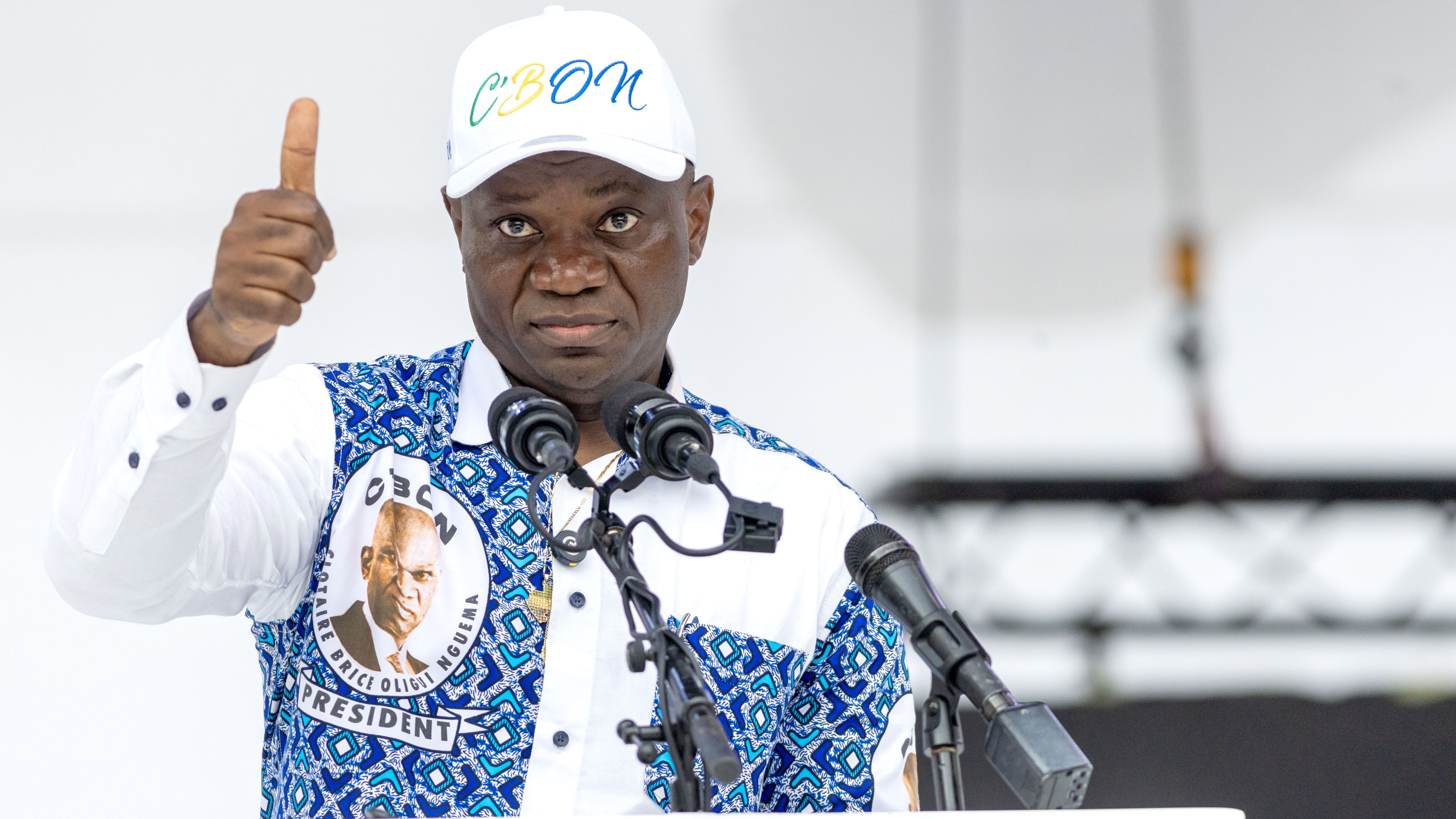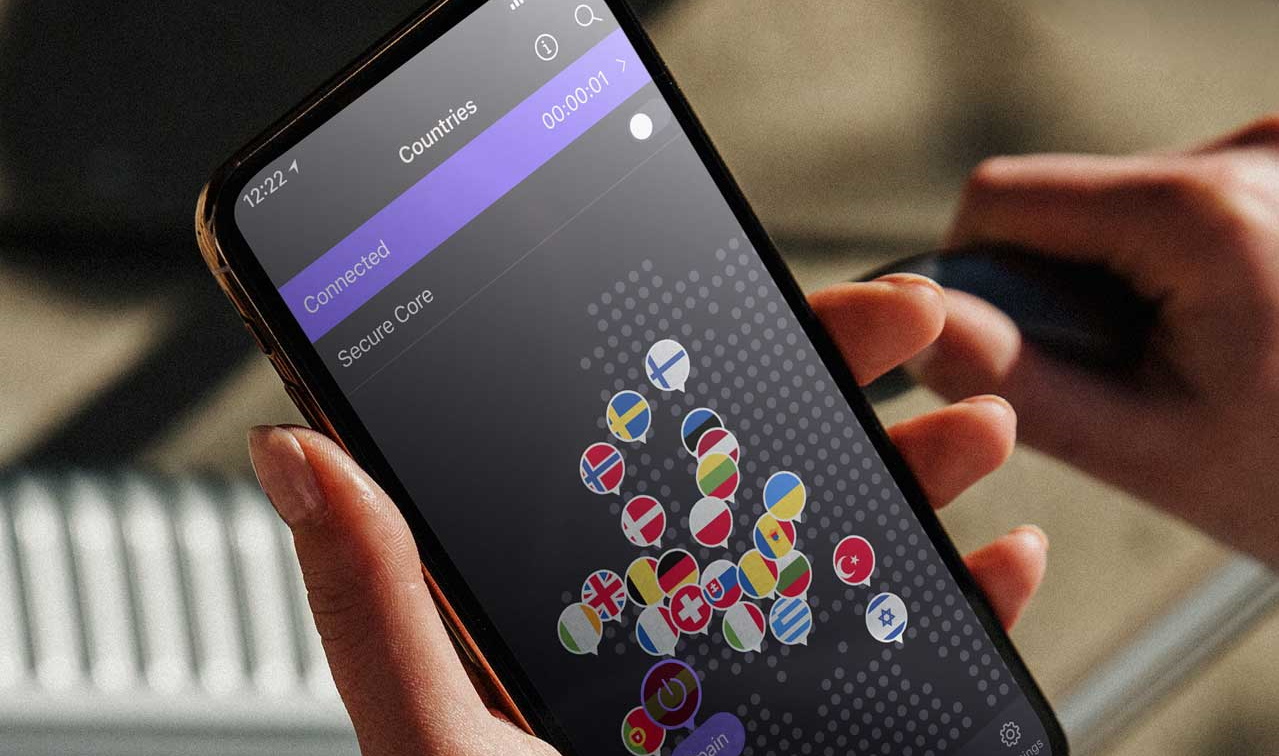Gabon elections – "We urge authorities to ensure unrestricted access to the internet"
The internet went down in 2023, the last time citizens headed to the polls

Multiple internet providers went dark in Gabon on August 26, 2023, the last time citizens headed to the polls. A measure, as the over 50-year-long government of President Ali Bongo put it, intended to "prevent the spread of calls for violence," NetBlocks reported.
Restrictions would be lifted only four days later, when the military seized the power in a coup.
Now, after two years of a transition government, Gabon citizens are called to vote for their next democratic president on Saturday, April 12, 2025. The stakes are high, and free access to information is crucial.
Yet, "Our monitoring over the years shows that governments that have shut down the internet during key national events are likely to repeat their actions," #KeepItOn Campaign Manager at Access Now, Felicia Anthonio, told TechRadar.
Digital rights advocates are now urging authorities to ensure unrestricted access to the internet and digital platforms throughout the electoral period and beyond.
How likely is an information blackout?
Under the leadership of former President Ali Bongo, people in Gabon suffered government-imposed internet disruptions on several occasions in response to protests and elections.
For example, reports of internet throttling were recorded during protests related to government COVID-19 measures in 2021. Gabonese authorities cut off access to the internet and broadcasting services in 2019, too, following an attempted coup d’etat.
The internet went dark in Gabon for the first time in 2016, during the violent clashes over disputed election results.
That said, Anthonio confirms that the first action the military did after seizing power in 2023 was to restore internet access across the country.
"The military has not imposed any internet shutdowns since it came into power in 2023 following the coup d'état. Internet access and quality have been stable, with no reports of major disruptions even as the country held its constitutional referendum in 2024," she said.
Elections in Gabon are set for April 12 — but will the internet stay on?Together with @TournonsLaPage + other orgs, we’re sending a clear message to authorities in Gabon: internet shutdowns undermine transparency, participation + democracy — #KeepItOn!https://t.co/E2tiPH497RApril 8, 2025
Nonetheless, Anthonio and the #KeepItOn coalition – a global network of more than 345 organizations from 106 countries advocating against internet shutdowns – recently signed an open letter to remind Gabonese authorities to keep upholding people's fundamental rights.
Free access to information is essential for both journalists and regular citizens alike, especially during an electoral period. Internet and social media platforms can enhance transparency and participation, helping to document the events as they occur and hold governments accountable.
During the biggest year for democracy, however, increasingly more governments restrict the internet in some forms – mostly during elections or protests linked to it.
As per Access Now's data, 2024 was the worst year on record for internet freedoms, with seven governments joining the internet shutdown perpetrators' list for the first time.
"Internet shutdowns should not be on the table in the first place, and we hope authorities will heed our call and #KeepItOn," said Anthonio.
Get ready for the worse
Given the unpredictable nature of government-imposed restrictions, Anthonio also urges all people in Gabon to prepare for the worst-case scenario.
For starters, she suggests downloading and installing one of the best VPN services ahead of the elections.
People turned en masse to VPNs ahead of the 2023 elections fearing potential internet blocks. Proton VPN alone, one of the most secure free VPN services, confirmed at the time a 25,000% spike in sign-ups from the country.

In 2024, Proton VPN recorded a spike in usage across 119 countries as people looked for ways to bypass internet censorship and social media blocks. These include six countries with at least one spike in signups of over 5,000% above baseline and four with at least one spike in signups of over 10,000%.
VPNs and the Tor network are great ways to evade online censorship, but they rely on a working internet connection.
In the event of a complete internet shutdown, Anthonio suggests finding an alternative way to connect to the web. This may be a roaming SIM card from a neighboring country or an encrypted mesh network like Briar or Bridgefy.
Anthonio recommends using end-to-end encrypted messaging apps like Signal to secure all online communications ahead of the big day. For more technical tips, you can head to #KeepItOn's digital safety guide.
Beyind tech tools, Anthonio said, "People in Gabon need to engage with their authorities to prevent a shutdown from happening in the first place and remind them about the crucial role of the internet in advancing inclusiveness, transparency, and fairness during elections."

Chiara is a multimedia journalist committed to covering stories to help promote the rights and denounce the abuses of the digital side of life – wherever cybersecurity, markets, and politics tangle up. She believes an open, uncensored, and private internet is a basic human need and wants to use her knowledge of VPNs to help readers take back control. She writes news, interviews, and analysis on data privacy, online censorship, digital rights, tech policies, and security software, with a special focus on VPNs, for TechRadar and TechRadar Pro. Got a story, tip-off, or something tech-interesting to say? Reach out to chiara.castro@futurenet.com
You must confirm your public display name before commenting
Please logout and then login again, you will then be prompted to enter your display name.